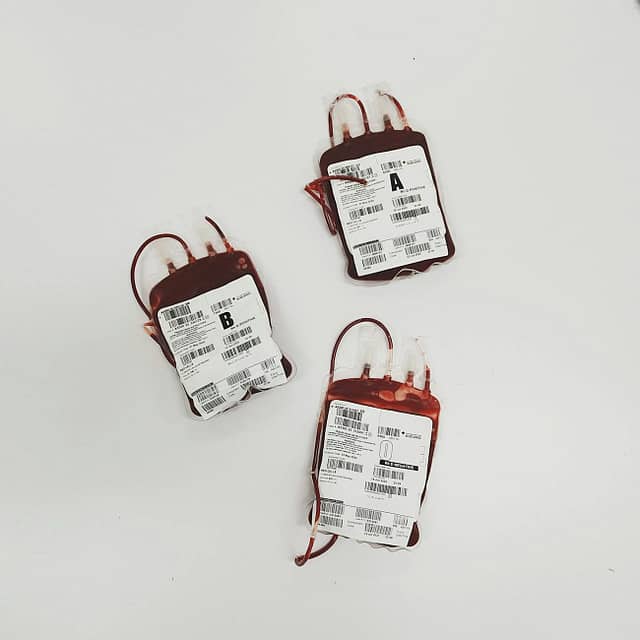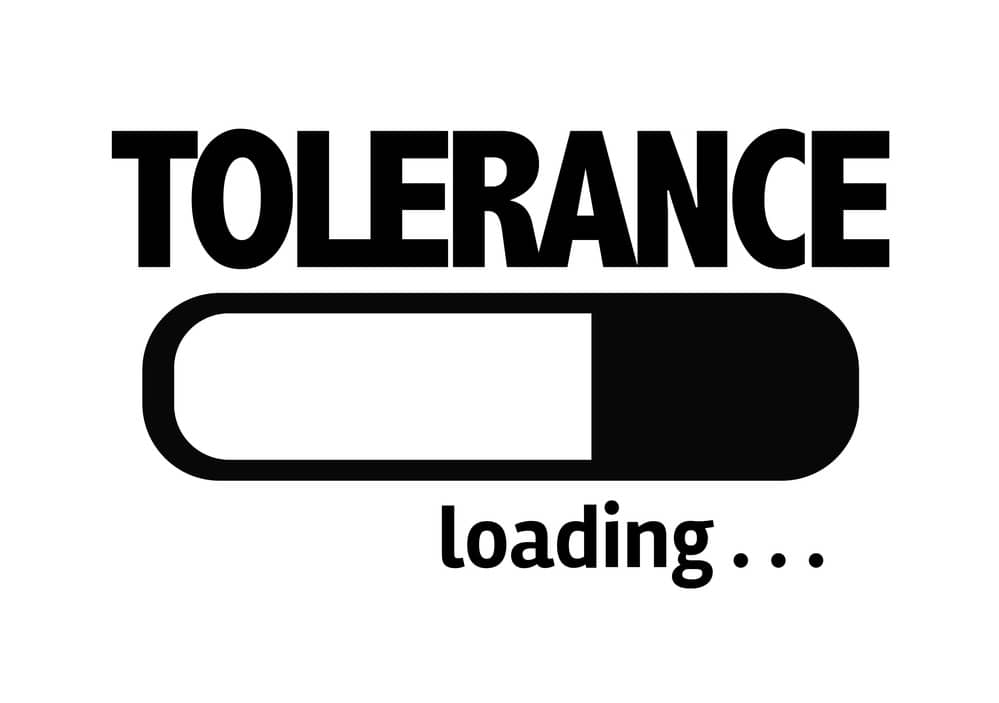Have you ever wondered why certain foods make you feel energized while others leave you sluggish? The answer might be written in your blood. The blood type diet theory suggests that your ABO blood type can guide you toward the foods that work best with your body’s unique chemistry.
Understanding the Four Blood Type Personalities
Type O: The Hunter (40,000+ years old)
The Original Blood Type
Type O represents our ancient hunter-gatherer ancestors who thrived on high-protein diets. If you’re Type O, your body is built like a well-oiled machine designed to process meat efficiently.
Your Strengths:
- Strong digestive system with high stomach acid
- Robust immune system
- Excellent metabolism for high-protein foods
Your Challenges:
- Prone to stomach ulcers due to high acid levels
- May have blood clotting issues
- Digestive problems with certain plant foods
Optimal Foods for Type O:
- Lean red meat (beef, lamb)
- Fish and seafood
- Poultry
- Limited dairy products
- Non-acidic fruits
- Certain vegetables (avoid corn and wheat)
Type A: The Agriculturalist (25,000 years old)
The Peaceful Vegetarian
Type A blood emerged when humans transitioned from hunting to farming. Your digestive system is naturally suited for plant-based nutrition and thrives on a more peaceful, structured lifestyle.
Your Strengths:
- Efficient processing of plant proteins
- Good immune adaptation to agricultural foods
- Natural inclination toward vegetarian nutrition
Your Challenges:
- Low stomach acid makes meat digestion difficult
- Prone to respiratory issues
- Susceptible to stress-related health problems
Optimal Foods for Type A:
- Fresh vegetables and fruits
- Plant-based proteins (tofu, legumes)
- Whole grains (except wheat)
- Fish in moderation
- Minimal dairy and meat
- Plenty of water and herbal teas
Type B: The Nomad (15,000 years old)
The Balanced Wanderer
Type B blood developed among nomadic peoples who needed dietary flexibility. You’re the most balanced of all blood types, able to thrive on a diverse range of foods.
Your Strengths:
- Flexible digestive system
- Strong immune system
- Good balance between animal and plant foods
Your Challenges:
- Sensitive to certain lectins in foods
- Prone to autoimmune issues
- May struggle with stress-related disorders
Optimal Foods for Type B:
- Variety of meats (avoid chicken and pork)
- Fish and seafood
- Dairy products (goat and sheep preferred)
- Leafy greens and most vegetables
- Fruits (except coconut)
- Grains (avoid wheat and corn)
Type AB: The Modern Enigma (1,000 years old)
The Rare Chameleon
Type AB is the newest and rarest blood type, combining characteristics of both A and B types. You need the most individualized approach to nutrition.
Your Strengths:
- Adaptable immune system
- Can handle mixed diet approaches
- Balanced processing of proteins and carbohydrates
Your Challenges:
- Low stomach acid like Type A
- Sensitive digestive system
- Prone to both Type A and B health issues
Optimal Foods for Type AB:
- Moderate amounts of lean meats
- Plenty of seafood
- Dairy in moderation
- Fresh fruits and vegetables
- Tofu and soy products
- Small, frequent meals work best
Getting Started: Your Blood Type Diet Action Plan
Week 1: Assessment
- Get your blood type tested if unknown
- Keep a food diary noting energy levels and digestion
- Identify foods you currently eat that may not suit your type
Week 2-3: Gradual Transition
- Start incorporating more beneficial foods
- Slowly reduce foods that don’t suit your blood type
- Pay attention to how your body responds
Week 4+: Fine-Tuning
- Establish a sustainable eating pattern
- Monitor improvements in energy, digestion, and overall wellness
- Adjust portions and timing based on your lifestyle
Important Considerations
Remember: The blood type diet is one approach to personalized nutrition, but it’s not the only factor in healthy eating. Always consider:
- Your individual health conditions
- Activity level and lifestyle
- Personal food preferences and cultural background
- Consultation with healthcare providers for major dietary changes
The Bottom Line
While scientific evidence for the blood type diet remains mixed, many people report feeling better when eating according to their blood type. The key is listening to your body and finding what works best for you. Whether you’re a protein-loving Type O or a veggie-friendly Type A, the most important thing is maintaining a balanced, whole-foods approach to eating.
What’s your blood type? Have you noticed certain foods that make you feel particularly good or bad? Share your experiences in the comments below!
Disclaimer: This information is for educational purposes only and should not replace professional medical advice. Always consult with a healthcare provider before making significant dietary changes.



